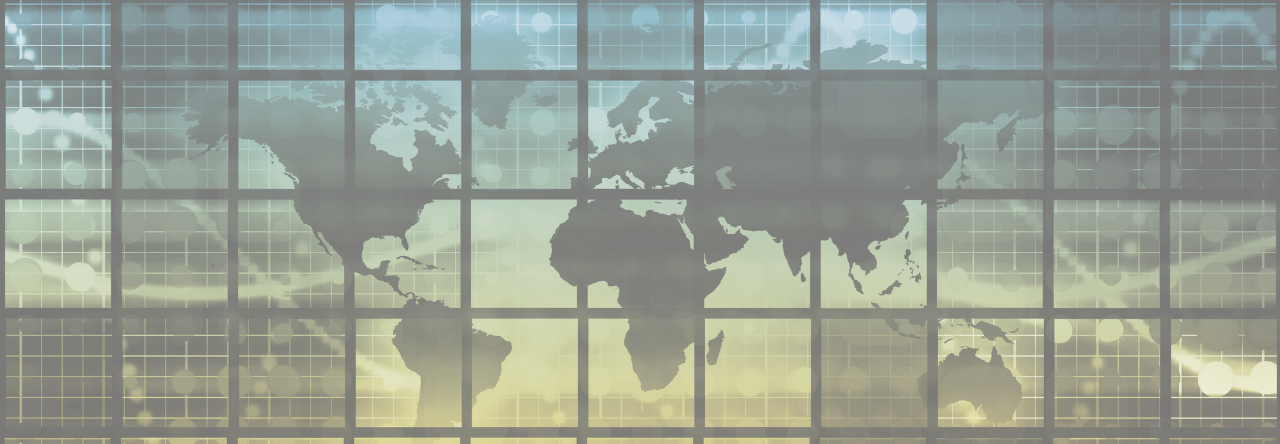Dans le hors-série Édition 2021 du Monde, le journaliste Philippe Ricard consacre un article à la situation sanitaire mondiale intitulé « Le coronavirus amplifie les dérèglements du monde ». Il y cite notamment Josep Borrell, auteur de l’article « COVID-19 : le monde d’après est déjà là », publié dans le numéro 2/2020 de Politique étrangère.

[…] Au passage, les États occidentaux prennent conscience de leur grande dépendance envers leurs fournisseurs asiatiques. Pas un gramme de paracétamol n’est plus produit en Europe. Au Japon, comme aux États-Unis et en Europe, il est de nouveau question de relocaliser près des consommateurs certaines activités stratégiques, en particulier la fabrication de médicaments. « Notre intérêt politique est de ne pas trop dépendre des puissances qui peuvent, d’une façon ou d’une autre, nous faire payer un jour le prix de notre dépendance », juge Josep Borrell, le haut représentant de l’UE pour les Affaires étrangères, dans la revue Politique étrangère (IFRI, été 2020). Pour lui, ajuster la mondialisation pour mieux se protéger ne revient pas à céder au protectionnisme. Un des multiples défis du monde post-Covid, à condition que la planète parvienne à tourner la page aussitôt que possible. […]
Retrouvez l’article de Josep Borrell ici.
Retrouvez le numéro 2/2020 de Politique étrangère ici.





Vous devez être connecté pour poster un commentaire.